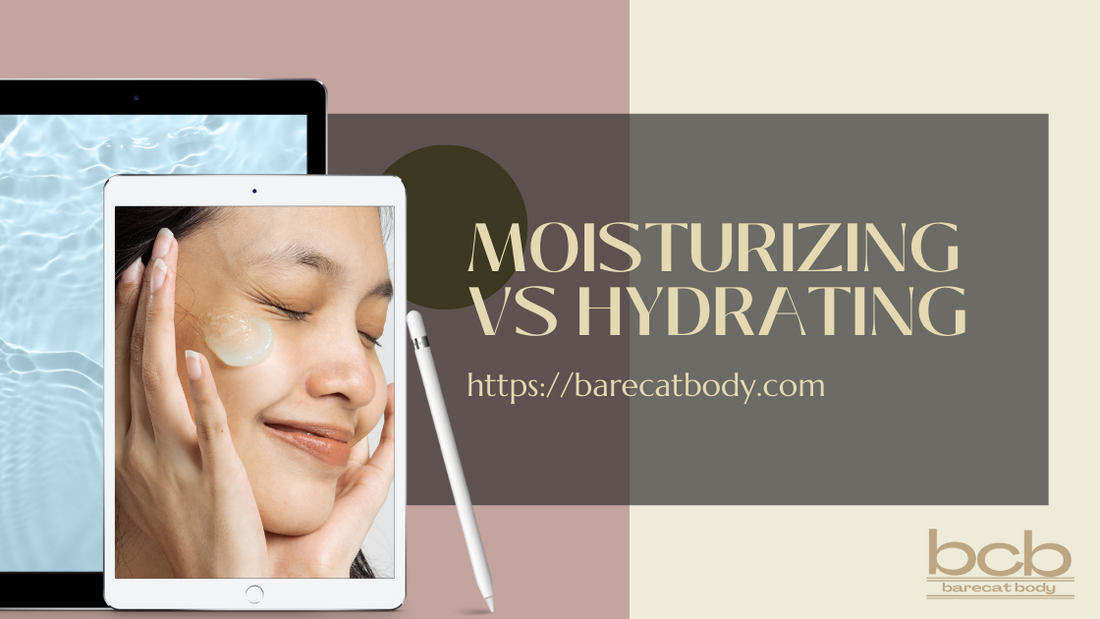
What is the Difference between Moisturizing and Hydrating?
Share
Your skin is the largest organ in the human body and is also one of the most visible. That's why it's important to take care of your skin and keep it healthy. Skin hydration and moisturizing are two important ways to do this.
There are many benefits to keeping your skin hydrated and moisturized. These include reducing wrinkles, keeping skin supple and soft, preventing dryness and itchiness, reducing the risk of infection, and helping the body better heal wounds. Is Skin Moisturizing and Hydrating the Same? Skin care is important for maintaining healthy skin. There are many different skin care products on the market, and it can be difficult to know which ones to use. T
wo of the most common terms used in skin care are moisturizing and hydrating. But what do these terms really mean?
Moisturizing refers to the process of adding water to the skin. This can be done using a variety of products, including lotions, creams, gels, and serums. Hydrating, on the other hand, involves adding both water and nutrients to the skin. This can be done using products such as face masks and serums.
So, what's the difference between moisturizing and hydrating?
Moisturizing helps to add water to the skin, while hydrating helps to add both water and nutrients.
Which is Better, Moisturizing or Hydrating?
While moisturizing and hydrating are important for keeping skin healthy, hydrating is often considered more effective. This is because hydration helps to not only add water to the skin but also nutrients that are essential for skin health.
Hydrating also helps to lock in moisture, which can help to prevent dryness and keep skin looking plump and healthy. For most people, a combination of both moisturizing and hydrating is the best way to keep their skin healthy. However there are instances when you may only want to use moisturizing products and also when you may only need to use products designed for skin hydration.
Real quick, here is a summary of the differences:
Use thicker moisturizers if you have dry skin We all know it's important to moisturize our skin, but sometimes it can be hard to figure out precisely what kind of moisturizer we need.
If you have dry skin, you may find that traditional lotions just don't cut it. Instead, you may need to use a thicker moisturizer. These products are designed to help add water to the skin and lock in moisture. That way, you can keep your skin hydrated all day long. There are a few things to keep in mind when you're choosing a thick moisturizer. First, make sure that it's designed for your skin type. If you have sensitive skin, look for a product that is hypoallergenic and non-comedogenic.
Second, consider your environment. If you live in a dry climate, you may need a heavier moisturizer than someone who lives in a more humid climate.
Finally, pay attention to your skin's needs.
If you find that your skin is particularly dry or irritated, look for a product that contains ingredients like hyaluronic acid, vegetable glycerin or aloe vera.
With so many options on the market, there's sure to be a thick moisturizer that's perfect for you.
Use a hydrating serum if your skin is dehydrated.
Though it's not as talked about as other skin concerns, dehydrated skin is a real issue many people face. And, if you have dehydrated skin, using a hydrating serum can make a world of difference.
Before we get into the nitty-gritty of how serums can help hydrate your skin, let's first take a step back and talk about what dehydration actually is.
Dehydration occurs when there is an imbalance of water in the body, and it can present itself in different ways depending on how severe it is.
Symptoms of dehydration can range from mild (think: dry mouth) to severe (think: fainting or dizziness).
When it comes to your skin, dehydration can cause your complexion to appear dry, flaky, and dull. Fine lines and wrinkles may also become more pronounced. And in more severe cases, dehydration can lead to eczema flare-ups. The good news is that you don't have to suffer from dehydrated skin.
In fact, there are several things you can do to help hydrate your complexion, and one of the best is to use a hydrating serum.
Hydrating serums are packed with ingredients that can help replenish the water in your skin. Hyaluronic acid and Vegetable Glycerin, for example, is a moisture-binding ingredient that can help to keep your skin hydrated.
Other ingredients like glycerin, propylene glycol, and urea can also help to attract and retain water in the skin. When used together, these ingredients can help plump up your skin and give you a healthy, hydrated complexion.
Use a hydrating mask if your skin is dull and tired. We all have those days when our skin just looks dull and tired. Maybe you didn't get enough sleep the night before, or maybe you've been dealing with a lot of stress.
Whatever the reason, there's no need to worry. There are several things you can do to revive your skin and give it a boost of hydration.
One of the best is to use a hydrating mask. Hydrating masks are designed to infuse the skin with moisture. They can be left on for a few minutes or even overnight, depending on the product. And, when used regularly, they can help plump up your skin and give you a healthy, radiant complexion.
There are several different types of hydrating masks on the market, so it's important to choose one that's right for your skin type.
If you have dry skin, look for a product that contains ingredients like hyaluronic acid or glycerin. These ingredients can help to attract and retain moisture in the skin.
Final Thoughts
Moisturizing and Hydrating may sound like the same thing, but they're actually two different things.
Moisturizing is about creating a barrier to keep your skin hydrated, while Hydrating is about replenishing the water in your skin.
Be keen to note the differences between these two so you can better take care of your skin!
At BareCat Body, we understand that every skin type is different. That's why we offer a range of products to help you find the perfect solution for your skin.
If you're unsure which product is right for you, I would be happy to help. Contact me today, and I'll help you find the perfect solution for your skin. Email: leslie@barecatbody.com.
